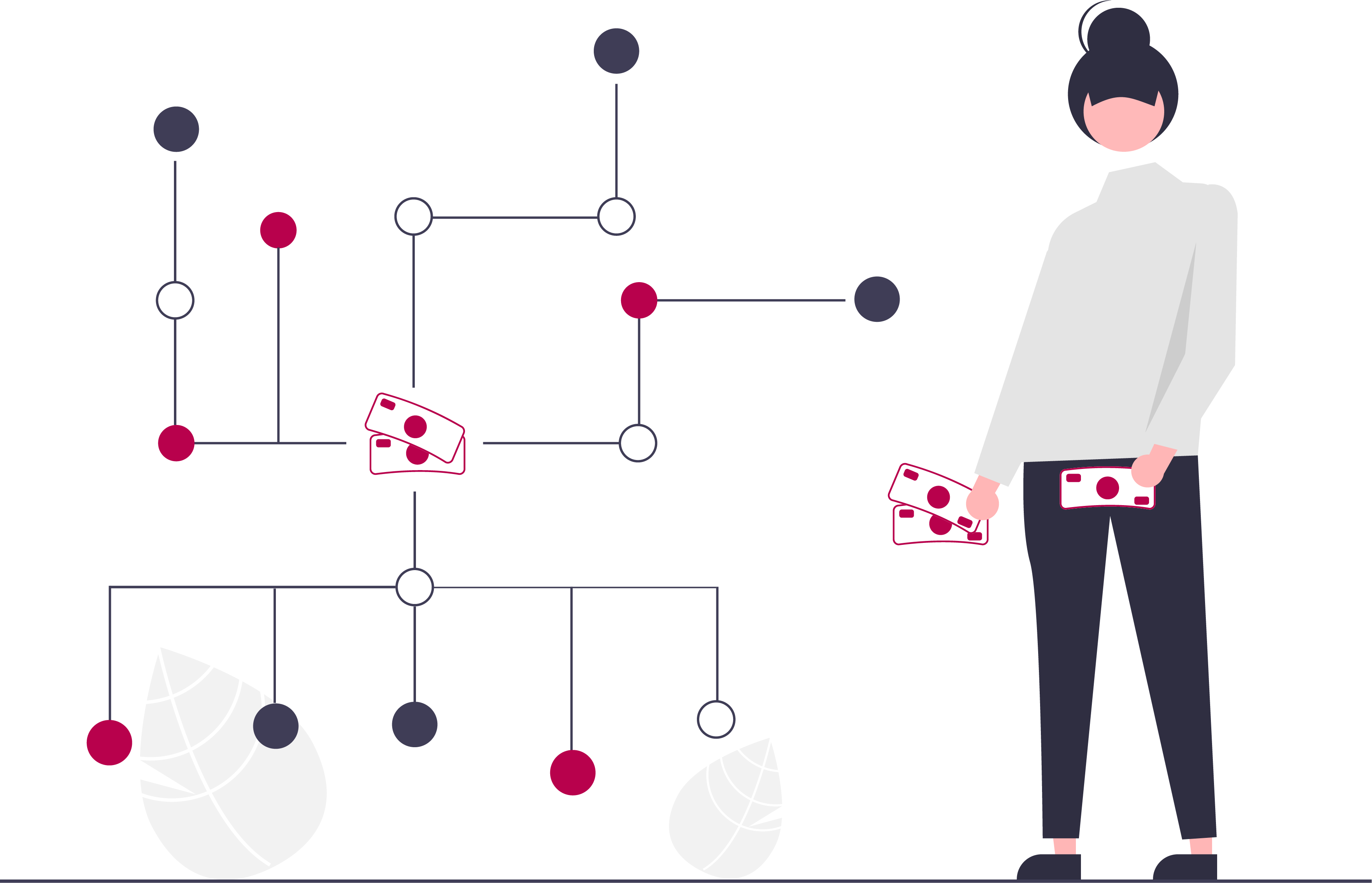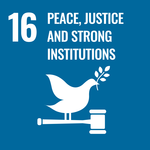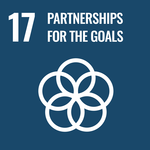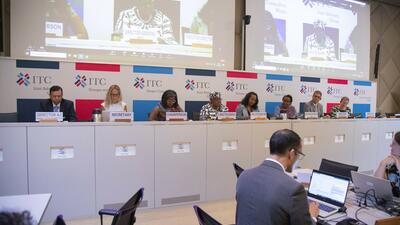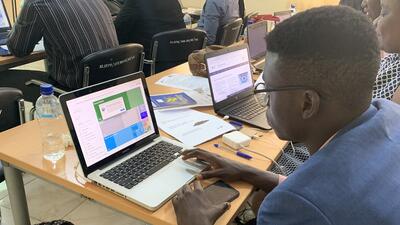
Case study: SMECO 2022: A pathway to growth through connected services
The ‘four Cs’ – COVID, climate, conflict and cost-of-living – greatly tested small businesses around the world and set back the Sustainable Development Goals. This case study, from the ITC Annual Report 2022, highlights how the International Trade Centre helped entrepreneurs find new ways to prosperity through trade.
The challenge
How to reignite growth in the era of polycrisis? Economic transformation – a process fundamental to development – takes place when a country dedicates more resources to higher value-added activities. This spurs a shift towards sectors and activities that produce higher rates of growth.
In the past, countries transformed their economies by moving workers and capital into factories. However, as the largest shares of global manufacturing exports are firmly entrenched in a few developed and emerging economies, developing and least developed countries are finding it difficult to follow this path.
The solution
Today, services account for most productive activity and are transforming national economies. As recently as 2019, services generated about two-thirds of economic output globally and created most jobs. They proved indispensable – though not immune from disruption – during the pandemic and recent economic and trade turmoil.
Like manufacturing, services can be highly productive, tradable and feed into the rest of the economy. But not all services are the same. A set of four activities – which ITC has dubbed the ‘connected services’ – are key to a services-led economic transformation.
Transport and logistics, financial services, information and communication technologies, and business and professional services contribute directly to economic growth and development with an increasing share of output, trade and jobs. They also contribute indirectly by making all firms more competitive and connecting them to global value chains and digital innovations.
The results
When companies begin to outsource activities to specialized connected-services firms, they become more competitive. For example, 78% of businesses that used good logistics services improved inventory management, compared to 36% of companies with low-quality logistics services. Similarly, those that were able to access high-quality banking services were 15 percentage points more likely to succeed in developing new products or processes. Finally, firms with better access to the internet were much more likely to have information on potential buyers and suppliers than those without it.
As companies that source good-quality connected services tend to be more competitive, they also tend to export more. In regions with competitive connected-services firms, 44% of firms in all sectors export, compared to 19% of firms in regions with weak connected services.
The future
SME Competitiveness Outlook 2022: Connected services, competitive businesses shows that connected services are emerging as a powerful force for economic transformation. They are also poised to help small firms take part in this change, by giving them the inputs they need to be competitive. Unfortunately, most small firms in developing countries cannot easily access them.
Recognizing the catalytic role of connected services, ITC has reinforced its offer on these core elements. Its recently launched Switch ON was designed to help MSMEs trade digitally, bringing together the organization’s diverse programmes to expand their services to small businesses. ITC programmes targeting refugees and internally displaced people as well as women-owned and youth-led services enterprises help them build skills to expand their digital presence and connect with other service providers and global markets through online platforms.
Finally, ITC helps countries enact the necessary regulatory reforms and implement trade strategy solutions to foster an enabling business environment for connected services.







